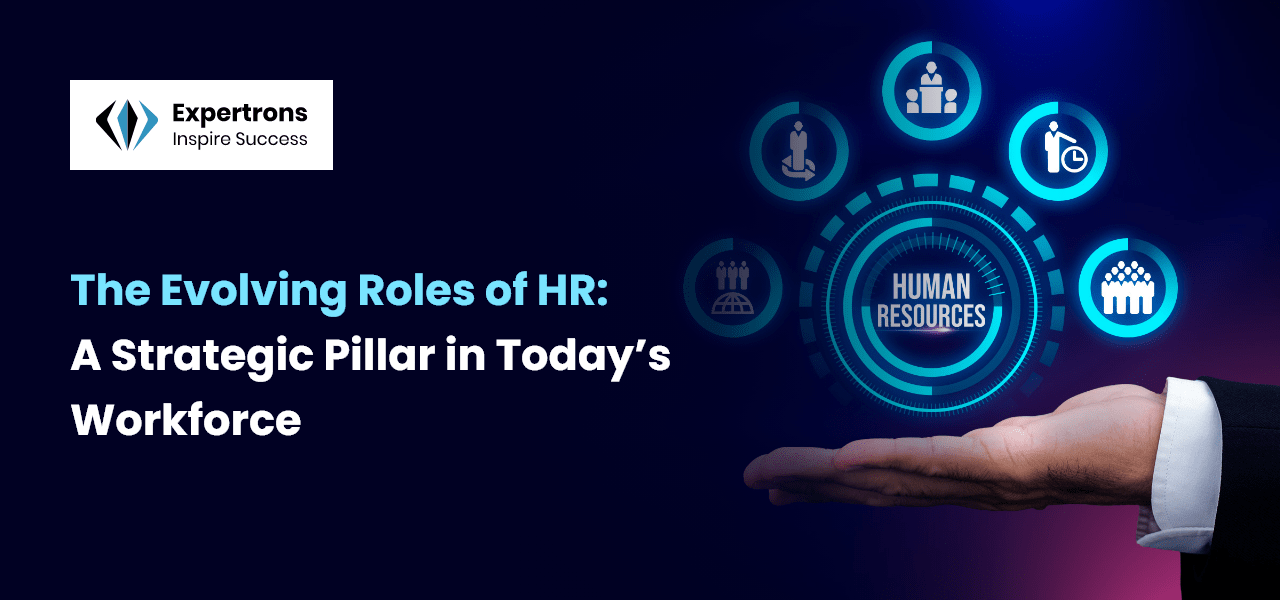Introduction
Human Resources (HR) is often seen as the backbone of any organization. The roles of HR have transformed significantly over the years, evolving from administrative tasks to strategic functions that shape company culture and drive business success.
In this blog, we will explore the multifaceted roles of HR and their impact on modern workplaces.
The Multifaceted Roles of HR
1. Strategic Planning and Workforce Management
One of the primary roles of HR is strategic planning. This involves aligning HR practices with business goals, such as:
– Analyzing workforce needs and skill gaps.
– Developing strategies for talent acquisition and retention.
– Planning for future workforce trends.
By engaging in strategic workforce management, HR ensures that organizations have the right people in the right roles at the right time.
2. Recruitment and Talent Development
Effective recruitment is crucial for any organization. The roles of HR in this area include:
– Crafting job postings that attract top talent.
– Utilizing data-driven approaches to identify ideal candidates.
– Implementing training programs to develop employees’ skills.
By focusing on recruitment and development, HR lays the foundation for a high-performing workforce.
3. Fostering a Positive Workplace Culture
A strong workplace culture is vital for employee satisfaction and retention. The roles of HR here involve:
– Promoting core values and mission within the organization.
– Encouraging open communication and collaboration among employees.
– Organizing team-building activities to strengthen relationships.
HR plays a crucial role in cultivating an inclusive and engaging work environment.
4. Performance Management and Employee Engagement
Performance management is integral to achieving business objectives. The roles of HR include:
– Setting performance metrics that align with organizational goals.
– Conducting regular feedback sessions to enhance employee performance.
– Implementing recognition programs to boost morale.
By prioritizing performance management, HR fosters a culture of continuous improvement.
5. Compliance and Ethical Standards
Navigating legal and ethical standards is a critical function of HR. This includes:
– Ensuring compliance with labor laws and regulations.
– Creating policies that promote ethical behavior within the workplace.
– Training employees on compliance issues and company policies.
By prioritizing compliance, HR protects the organization from potential legal pitfalls.
6. Compensation and Benefits Strategy
Compensation and benefits are crucial for attracting and retaining talent. The roles of HR involve:
– Designing competitive salary structures and benefits packages.
– Analyzing market trends to ensure competitiveness.
– Communicating compensation strategies effectively to employees.
A fair compensation strategy helps HR maintain a motivated workforce.
7. Change Management and Organizational Development
Change is a constant in the business world. The roles of HR in change management include:
– Leading initiatives that help the organization adapt to changes.
– Supporting employees through transitions and transformations.
– Developing training programs to equip staff with new skills.
HR’s involvement in change management ensures a smoother transition during organizational shifts.
The Importance of HR in Business Growth
The diverse roles of HR play a vital part in the overall growth and success of an organization. Here’s how effective HR practices contribute to business outcomes:
1. Enhancing Employee Satisfaction
By focusing on employee engagement and workplace culture, HR significantly enhances job satisfaction. Engaged employees are more productive, leading to better business results.
2. Driving Performance and Productivity
Effective performance management strategies help organizations achieve their goals. When employees understand their roles and receive regular feedback, they are more likely to perform at their best.
3. Reducing Turnover Costs
High turnover rates can be detrimental to organizations. By implementing strategies that promote job satisfaction and employee engagement, HR helps reduce turnover costs, saving valuable time and resources.
4. Aligning HR with Business Strategy
By ensuring that HR practices align with business strategies, organizations can effectively mobilize their workforce to achieve strategic objectives.
Also read, Crucial HR Roles: Building a Successful Organization
Conclusion
The roles of HR are more critical than ever in today’s fast-paced business environment. From strategic planning to fostering workplace culture, HR serves as a pivotal force in driving organizational success. By understanding and embracing these roles, organizations can create a thriving workplace that not only attracts top talent but also retains and develops it for future growth.
As the business landscape continues to evolve, the importance of effective HR practices will remain paramount in ensuring long-term success and sustainability.
Frequently Asked Questions
The main roles of HR include strategic planning, recruitment, fostering workplace culture, performance management, compliance, compensation strategy, and change management.
HR influences employee engagement by promoting a positive workplace culture, providing development opportunities, and implementing recognition programs.
Compliance is essential for HR to protect the organization from legal issues and ensure adherence to labor laws, promoting a safe and fair work environment.
HR can implement strategies such as setting clear performance expectations, conducting regular reviews, and providing constructive feedback to enhance employee performance.
HR supports organizational change by leading initiatives, providing training, and helping employees navigate transitions effectively.











